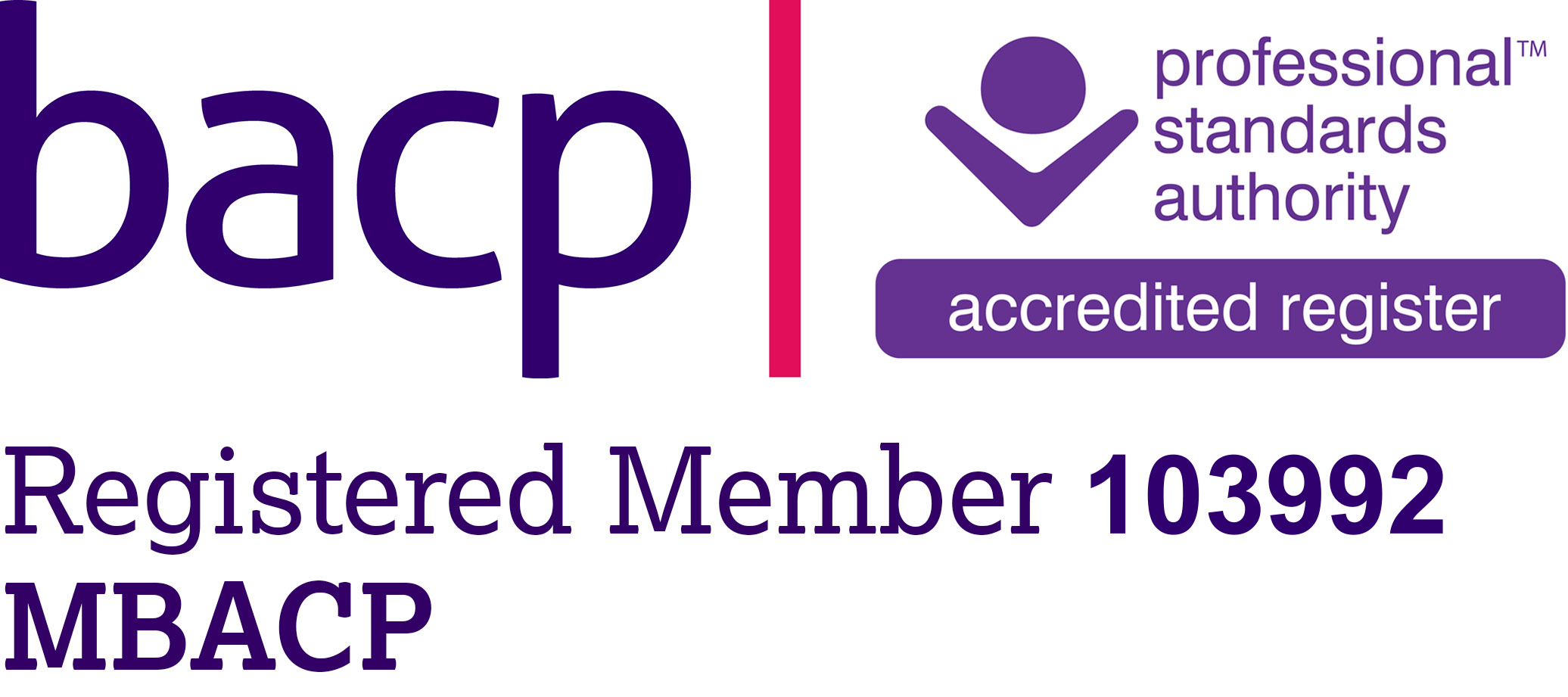Domestic Violence Safety Tips
by Samantha De Bono
Domestic Violence often increases over holiday periods with longer lengths of time spent together. Here are some useful tips to keep you safe:
1: Put the right numbers on speed-dial. If you have a mobile phone, make sure to put the following numbers of speed-dial/in your address book:
The national Domestic Violence helpline 0808 2000 247
The local police helpline number
The number of a close friend, co-worker or family member who can be on standby to get you out of the situation or act as witness.
For those who fear that their phone may be taken away from them, memorise all important numbers or write them down and hide them safely so, if need be, you can call from a public pay phone.
2: Have a ‘Safe’ word/phrase. In violent or emergency situations, you may not be able to text or say much. Have an agreed ‘safe’ word or phrase with your close friend/co-worker or family member who agrees to have their phone on standby to receive any emergency calls/texts. Keep it short and simple.
3: Download a safety app. If you have a smart phone, consider downloading a safety app for women, many of which have been designed to automatically alert your support network if you are in danger.
4: Keep your phone (and some money) on you at all times. Also remember to keep it fully charged at all times. You never know when a situation will erupt, so it is crucial to have it on hand, especially if you know you might be alone with your abuser. Also have cash in hand in case you need to leave quickly.
5: Arrange for an ally in advance. If you are going to spend the holiday season with extended family and you know who would believe and support you, call that person in advance to ask him or her for support and intervention should a situation turn violent. This option may not be available for all victims/survivors but it would be a feasible one for many, especially if visiting their own parents, siblings, cousins etc.
6: Always have an audience. Use holiday visits to extended family and friends as a chance to minimise being alone with your abuser. At best, being in company will keep the violence in check. At worst, if violence does happen, it will happen publicly and you may have others stepping in to intervene or at least a few witnesses.
7: Have an escape plan. When you are away in a household that is not your own, quietly check out all possible escape routes in the house itself. Better yet, take time to set up a plan of escape including the numbers of people willing to help you get away. If there is a good chance that your abuser will be in a drunken or drug-induced sleep or stupor over the holidays, it may be your chance to escape with your kids and pets.
For Friends and Extended Families of Victims/Survivors
1: Be on standby. If you suspect your friend or family member of suffering from Domestic Violence, offer to be on standby for her text or call through the holiday season. Have your phone on and fully charged at all times and keep it on you. If you have a car and need to intervene immediately, make sure that the gas/petrol tank is full so you can get in and drive to get the victim/survivor immediately if need be.
2: Have an intervention plan. Work out a plan to get an intervention operation in action – have the following numbers on standby for your use:
The national Domestic Violence helpline 0808 2000 247
The local Domestic Violence shelter helpline wherever the victim/survivor is located.
The local police wherever the victim/survivor is located.
Make sure to contact all of these should you receive an urgent SOS from the victim/survivor.
3: Get a partner. Intervening with Domestic Violence situations can be dangerous, the abuser may even have a weapon (and may be intoxicated by drink or drugs). If you are unable to get help from the local shelter or police, make sure to bring another friend or family member along with you when you respond to the victim/survivor’s call in person.
4: Ring the bell. If you are the neighbour of a family experiencing Domestic Violence, please take the time to ring their bell or call the police when you hear a violent situation happening. If you feel that it could get dangerous, bring another person with you so there will be more than one witness.
5: Be the back-up. If your mother, sister, daughter, daughter-in-law, niece or cousin is facing Domestic Violence at home and there is a good chance that they will face abuse over the holiday, let them know that you will be willing to be a witness or to intervene on their behalf while you are around. Also let them know that they are welcome to take refuge in your home should they need somewhere to go.
6: Be part of the plan. If a victim/survivor approaches you with a plan to escape her abuser during the holiday season, agree to do so and be on standby to help her and bolster her resolve when the time comes to put the plan into action.5: Be the back-up. If your mother, sister, daughter, daughter-in-law, niece or cousin is facing Domestic Violence at home and there is a good chance that they will face abuse over the holiday, let them know that you will be willing to be a witness or to intervene on their behalf while you are around. Also let them know that they are welcome to take refuge in your home should they need somewhere to go.
7: Provide some relief. If your know a Domestic Violence victim/survivor who is being kept at home without relief during the holiday, do a random act of kindness for her: Offer to babysit the children for a few hours while the abuser is out so she can have a breather. It’s important that the victim/survivor doesn’t feel judged, so be kind even if you don’t understand why she/he stays.
8: Check in regularly. If you fear for your friend or family member’s wellbeing over the holiday, call or text her once a day at a random time to see if she is all right. If it’s your neighbour, keep an eye out on the house and your ears pricked for any signs or sounds of violence.
If you are in an abusive relationship, counselling could help you to get clarity and support. A counsellor’s job is not to tell you to leave or to judge you in any way at all, a counsellor can support you through the most difficult aspects of your life. Telling a counsellor about what’s going on is safe and confidential, your abuser will never know what you have said to your counsellor.
Come and join my weekly group for victims/survivors of Abusive Relationships. Everyone in the group has gone through, or is still going through abuse, so you will feel understood and supported by each and every one of us.
Contact me on: 07588 931 401 or


